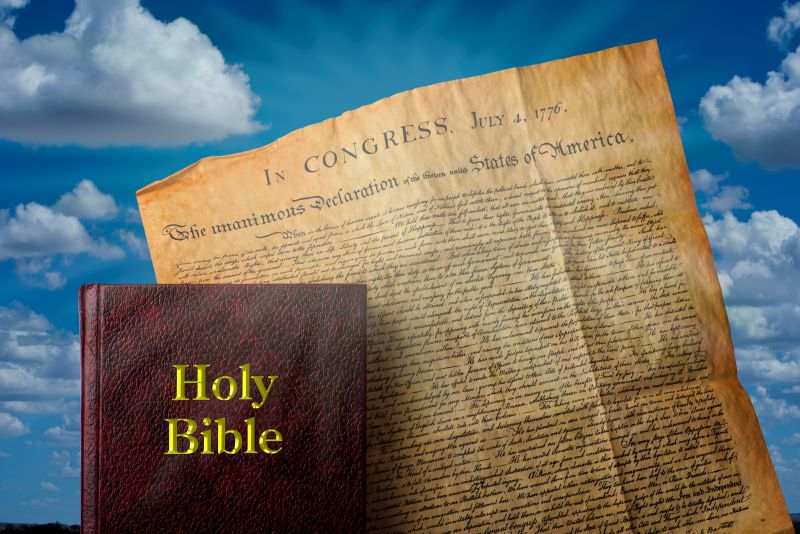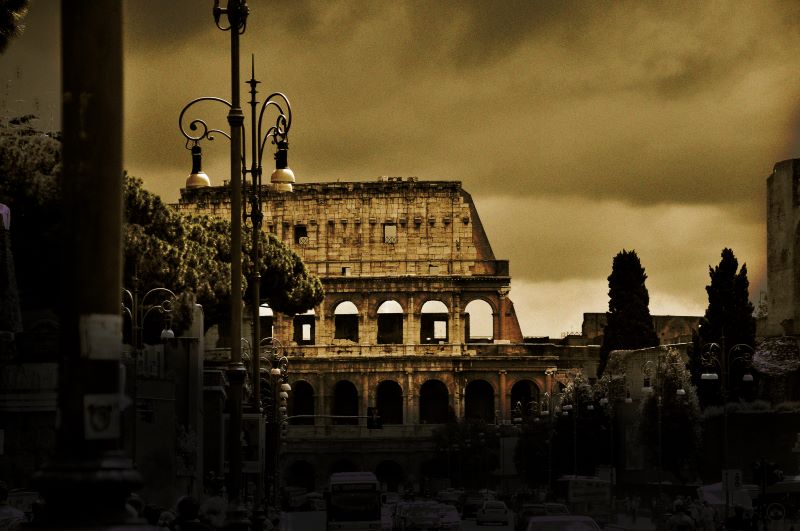We Wanted to Mourn
Sign up for a six month free
trial of The Stand Magazine!
As Americans put collective hands to our mouths while watching the death of George Floyd, hot tears filled our eyes and groans escaped our lips.
Watching the sickening video led many to recall a time when we ourselves could not breathe, and a twinge of panic resurfaced. To view another human being in that condition, while a law officer’s knee pressed down on his neck, escalated our innate terror of suffocation to horrific levels. Stunned, a nation desired to stand in solidarity and address the mutual outrage of such a ghastly event.
Yet, as our hearts broke, new terrors tore our gaze away from the murder of George Floyd. Before the tears fell from our cheeks, our cities, institutions, and airwaves erupted in flames. How can one process such grief while fighting off looters, arsonists, and even murderers? When multiple traumas arrive successively, which one do you mourn?
Any combat veteran will share that battlefields postpone grieving – sometimes indefinitely. Although vitally important, mourning remains difficult when fighting for survival. It’s difficult to sit down and break bread together if the restaurant is in flames. The unleashed rage and rampant destruction following the death of George Floyd eclipsed what should have been a time for national grief.
Demands to bow the knee robbed us of the opportunity to bow our heads in united sorrow. We wanted to mourn.
Although grieving remains one of the most keenly felt emotions, all too many flee it in fear. Expressing deep anguish often causes individuals to feel exposed and weak, while rage deceitfully offers the illusion of power. Yet the strength of grief is that it commands greater empathy than unchecked fury.
Clergy and mental health professionals agree on the importance of mourning healthily – and respecting the trauma. Grief moves slower than fury – and requires time and grace. Without those things, grief metastasizes and creates more anguish.
With the help of those who understand grief, recovery is possible – even for a nation. Shepherding the grieving to safety facilitates the opportunity to mend. Our souls heal when honestly evaluating and treating the heartache. The absence of that type of help leaves us directionless while carrying overpowering anguish. Standing at a grave with clenched fists shrouds the path to healing.
We mourned as a nation after September 11. We wept together for John F. Kennedy. We channeled our outrage at the attack on Pearl Harbor to defeat an encroaching evil.
The death of George Floyd deserved a nation’s lament, as well as a united conviction to fight for justice. The great injustice of his death now associated with rampant destruction serves only to compound the tragedy.
A murder cannot be rectified with the taking of other innocent lives, destroying property, or vandalizing history – even painful history. Every hour, great injustices occur across this world. Despite sincere efforts, there will be more injustices that serve as trigger points on our soil. Unleashing rage and plundering at each one would leave societies in shambles while ensuring recurrences.
For what was almost a sacred moment, tentative hands reached out, until agendas helped curl those hands into fists. Sadly, whether in a family or a country, drawn battle lines leave little room for reconciliation.
With frayed hearts and a widening gulf between us, America seems a nation divided. That schism is all the more tragic because we wanted to mourn.
"Blessed are those who mourn, for they shall be comforted.” Matthew 5:4
Peter Rosenberger hosts the nationally syndicated program, Hope for the Caregiver. www.hopeforthecaregiver.com

Sign up for a free six-month trial of
The Stand Magazine!
Sign up for free to receive notable blogs delivered to your email weekly.


















